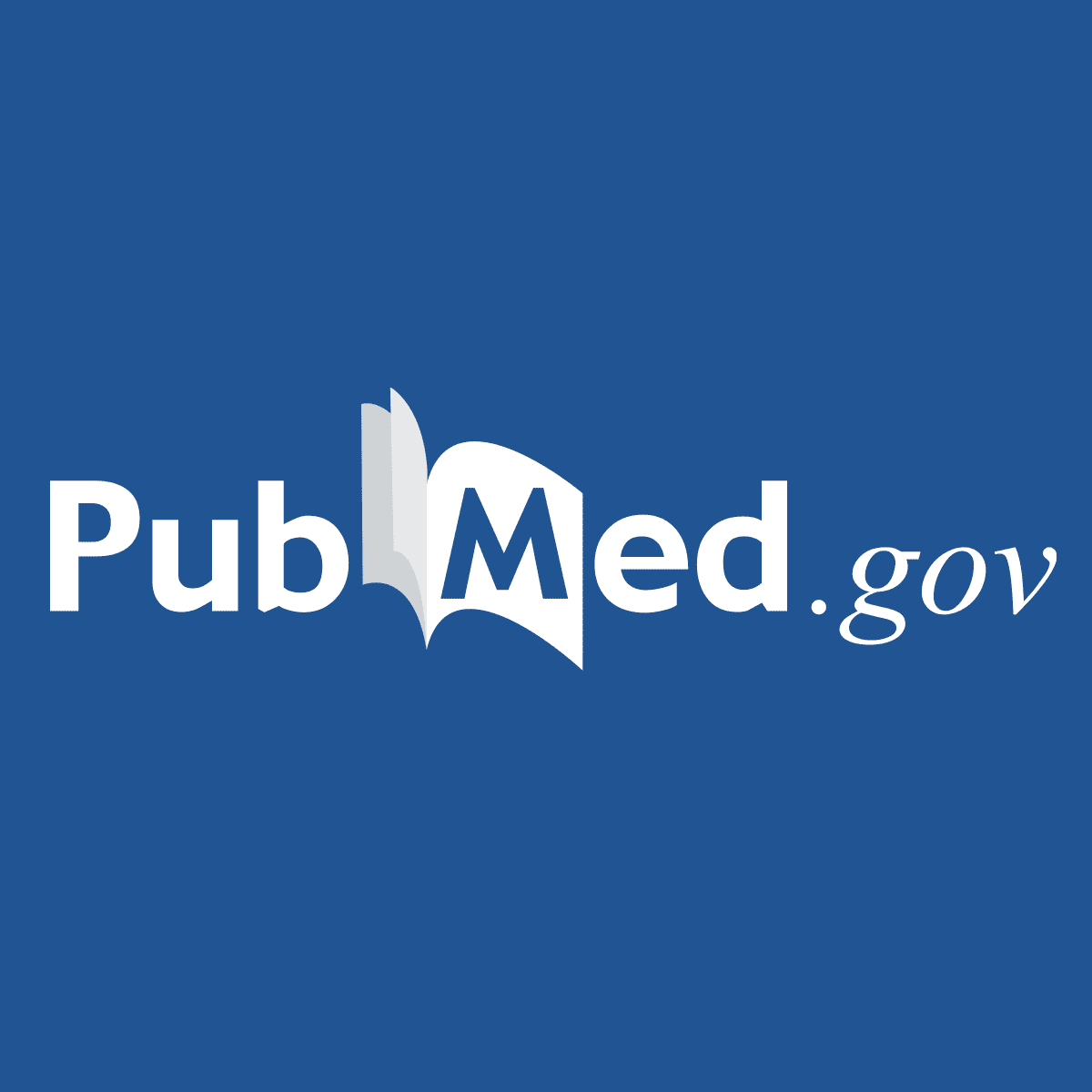Hello everybody,
3 months ago my mother got diagnosed with a breast cancer.
End of April:
On the mammogram report, they describe a polybulous mass of up to 22mm.
On the ultrasound report, they describe a lesion of 31mm in height, 20mm wide, 17mm thick.
She also did a biopsy which confirmed the tumor was malignant, the grade was 2 (on a scale of 1 to 3).
We tried alternative method to try to cure this (water fasting + controlled nutrition + other lifestyle interventions, such as moving places). We did another mammogram + ultrasound mid-July (at a different hospital than the first one).
Mid-July:
On the mammogram report, they describe a main mass of speculated outline of 19*18*16mm, with tumoral extension in the direction of the nipple. The whole lesion measures 50mm in height, 50mm in the anteroposterior axis and 31mm in width.
On the ultrasound report, they describe a main mass of 14 * 11 * 13mm, it has digitiform extensions in a nipple direction, lower and more internal, the whole being difficult to measure by this technique, being estimated at 33 * 15mm.
--------------------------------------------------------
So basically, on the ultrasound there is no growth of the tumor between end of April and mid-July, while on the mammogram, there is a quite important growth. What is the most accurate between an ultrasound or mammogram?
What makes things more confusing is that in April they didn't discern between the "main mass" and the extensions on the mammogram, while they do that in mid-July. If we take into account only the main mass of the first mammogram, it could have actually decreased. Is it possible that the first mammogram didn't measure the extension but only the main mass because it was not accurate (adn not because the extensions weren't already there)? I think in mid-July they did a tomosynthesis mammography while in April they did without tomosynthesis.
The interpretation of these results is very important for us because if will determine if my mother chose to do a surgery or not. It the tumor has grow then we will have to opt for the surgery But given these results, it sounds unclear if the tumor has actually grow.
3 months ago my mother got diagnosed with a breast cancer.
End of April:
On the mammogram report, they describe a polybulous mass of up to 22mm.
On the ultrasound report, they describe a lesion of 31mm in height, 20mm wide, 17mm thick.
She also did a biopsy which confirmed the tumor was malignant, the grade was 2 (on a scale of 1 to 3).
We tried alternative method to try to cure this (water fasting + controlled nutrition + other lifestyle interventions, such as moving places). We did another mammogram + ultrasound mid-July (at a different hospital than the first one).
Mid-July:
On the mammogram report, they describe a main mass of speculated outline of 19*18*16mm, with tumoral extension in the direction of the nipple. The whole lesion measures 50mm in height, 50mm in the anteroposterior axis and 31mm in width.
On the ultrasound report, they describe a main mass of 14 * 11 * 13mm, it has digitiform extensions in a nipple direction, lower and more internal, the whole being difficult to measure by this technique, being estimated at 33 * 15mm.
--------------------------------------------------------
So basically, on the ultrasound there is no growth of the tumor between end of April and mid-July, while on the mammogram, there is a quite important growth. What is the most accurate between an ultrasound or mammogram?
What makes things more confusing is that in April they didn't discern between the "main mass" and the extensions on the mammogram, while they do that in mid-July. If we take into account only the main mass of the first mammogram, it could have actually decreased. Is it possible that the first mammogram didn't measure the extension but only the main mass because it was not accurate (adn not because the extensions weren't already there)? I think in mid-July they did a tomosynthesis mammography while in April they did without tomosynthesis.
The interpretation of these results is very important for us because if will determine if my mother chose to do a surgery or not. It the tumor has grow then we will have to opt for the surgery But given these results, it sounds unclear if the tumor has actually grow.
Last edited:



